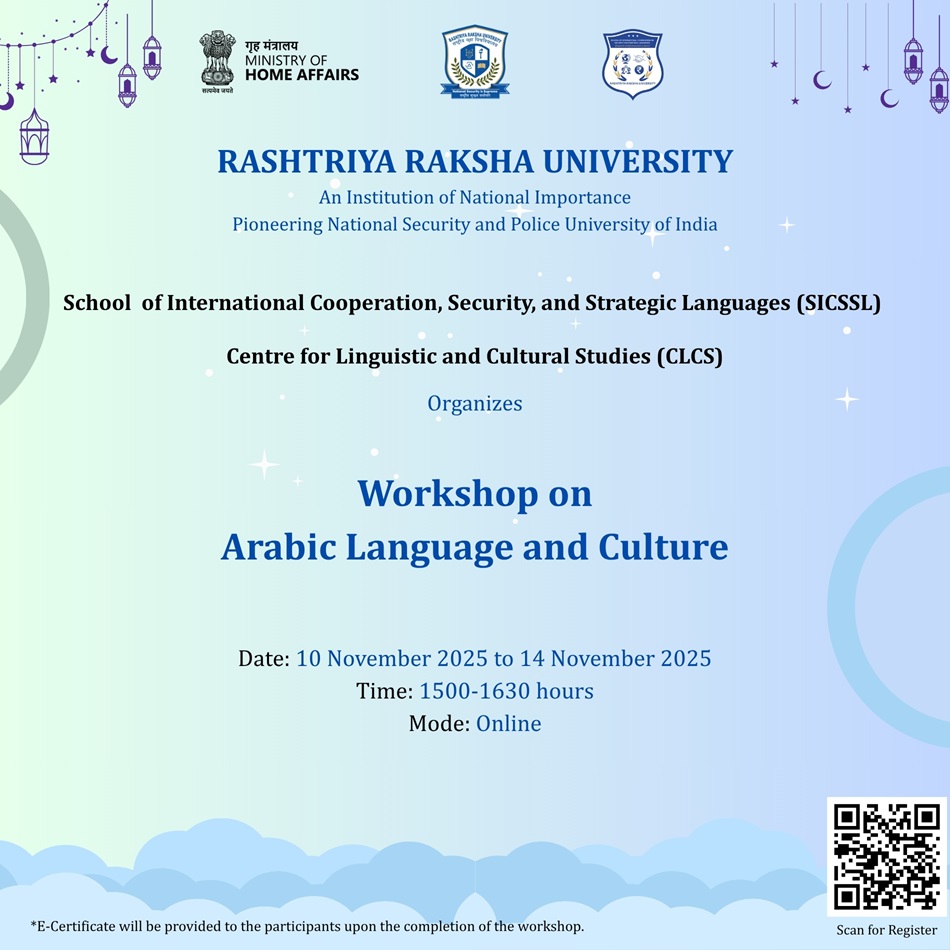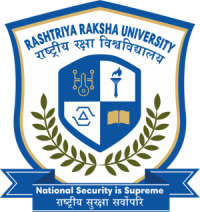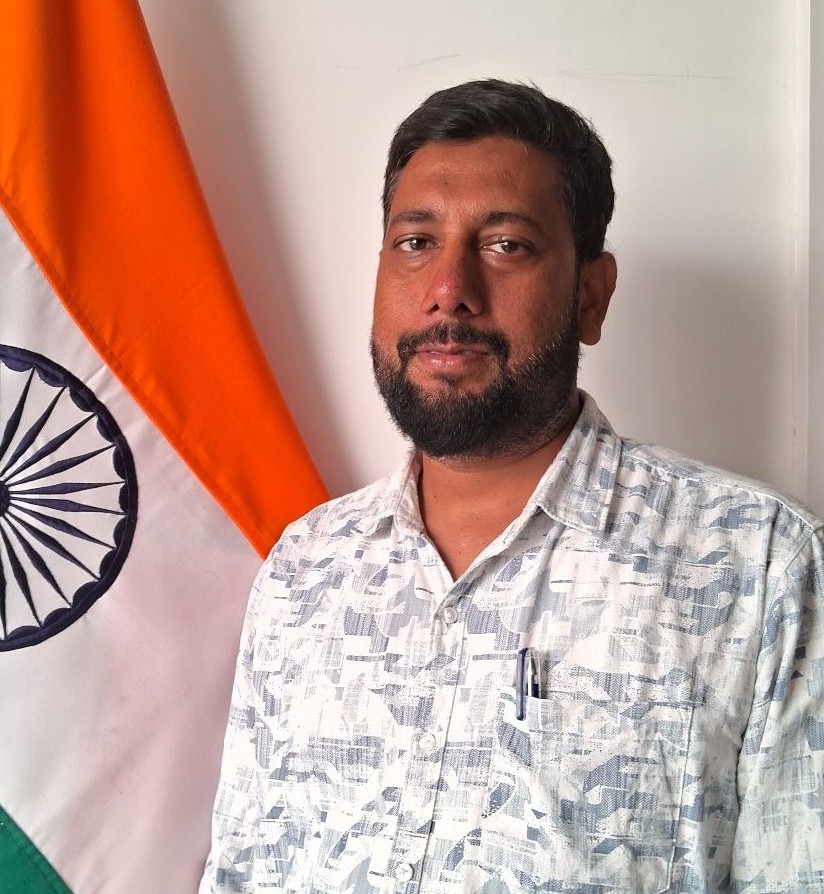
Description
Arabic in the Indian subcontinent
Arabic is one of the oldest languages still spoken today, with roots going back to the 5th century BCE. More than 400 million people speak it, making it the 5th most spoken language in the world. It is the official language of 22 countries and also one of the six official languages of the United Nations.
In India, Arabic has had a deep influence for centuries. It shaped religion, culture, and even trade. For Indian Muslims, Arabic is sacred because it is the language of the Quran, the holy book of Islam. Millions study it to connect with their faith and understand the Quran in its original form.
India’s long trade and cultural exchanges with the Arab world also brought Arabic words into many Indian languages, leaving a lasting mark on its heritage. Today, with India’s strong economic ties to Arab countries, knowing Arabic is a valuable skill. It can create opportunities in business, translation, diplomacy, and the energy sector in the Middle East.
Workshop Main Topics
• Spoken Arabic: greetings and self-introduction
• Features of the Arabic language and script
• Arabic culture and dialects: geographical and linguistic diversity
• Asking for opinions, suggestions, and views
• Expressing thanks and giving compliments
• Useful Arabic expressions for daily life
• Talking about daily routines and activities
• Basics of Arabic sentence structure
Workshop Outlines
• Speaking Skills
o Greetings and self-introduction
o Asking for opinions, suggestions, and views
o Giving thanks and compliments
o Expressing impressions and polite disagreements
• Arabic Writing
o Introduction to Arabic script and writing system
o Arabic sentences: types and structure
o Components of an Arabic sentence
o Styles and types of Arabic writing
o Modern Arabic writing practices
• Practical Writing Skills
o Basics of writing: filling application forms
o Writing letters
o Writing short passages
What you'll learn
Students will learn to converse in Arabic
Students will learn about the Arabian Culture.
Students will learn to write in Arabic.
Requirements
Course Content
Semester with subjects
 No Semester Founds.
No Semester Founds.
Experts
Dr. Razaul Haque is Assistant Professor of Arabic Language at the School of International Cooperation, Security and Strategic Languages (SICSSL) since September 2025. He previously worked as an Arabic Language Trainer at Langma International School, New Delhi (2012–2013), and as an Arabic Language Expert at the London Stock Exchange Group, Bangalore (2017–2025) Dr. Razaul Haque has completed his Ph.D. in 2016 from the Department of Arabic, School of Language, Literature and Culture Studies, Jawaharlal Nehru University, New Delhi.


Recent Reviews